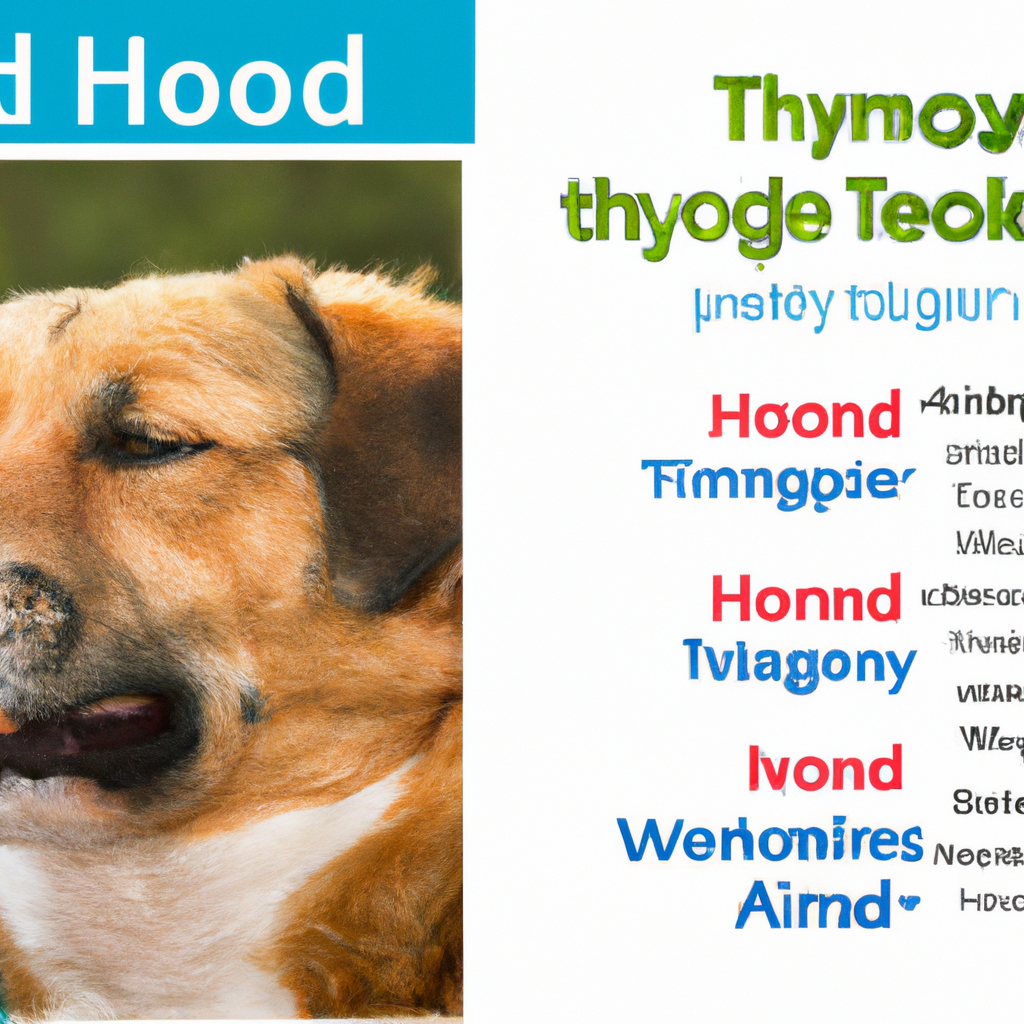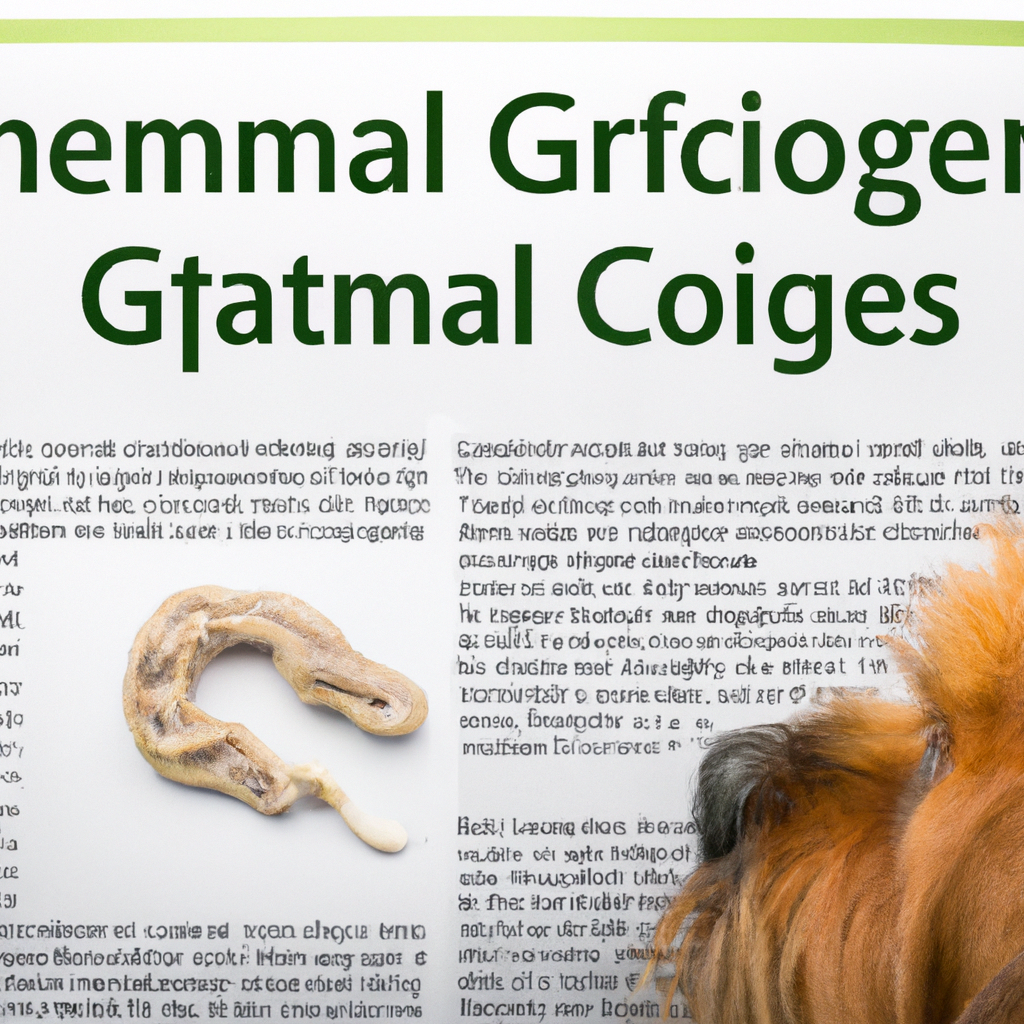Recognizing and Managing Common Thyroid Issues in Dogs
Recognizing and Managing Common Thyroid Issues in Dogs The thyroid gland plays a crucial role in a dog’s overall

Recognizing and Managing Common Thyroid Issues in Dogs

The thyroid gland plays a crucial role in a dog’s overall health and metabolism. When this small gland malfunctions, it can lead to various health problems that necessitate recognition and management. Here, we will discuss common thyroid issues in dogs, their symptoms, and potential treatments.
Hypothyroidism in Dogs
Hypothyroidism occurs when the thyroid gland does not produce enough thyroid hormone. It is more commonly seen in middle-aged to older dogs and certain breeds, such as Golden Retrievers, Doberman Pinschers, and Boxers.
Some common symptoms of hypothyroidism in dogs include:
- Weight gain and difficulty losing weight
- Lethargy and decreased activity level
- Intolerance to cold temperatures
- Thinning or dull coat
- Recurrent skin infections
- Muscle weakness
- Depression or behavior changes
- Slow heart rate
If you suspect your dog may have hypothyroidism, consult your veterinarian for a thorough examination and blood tests. If diagnosed, treatment usually involves daily administration of synthetic thyroid hormone medication.
Hyperthyroidism in Dogs
Hyperthyroidism in dogs is relatively rare compared to hypothyroidism. It occurs when the thyroid gland produces an excessive amount of thyroid hormone. Breeds commonly affected by hyperthyroidism include the Greyhound and the Afghan Hound.
Common symptoms of hyperthyroidism in dogs include:
- Weight loss despite increased appetite
- Restlessness and hyperactivity
- Increased thirst and urination
- Vomiting and diarrhea
- Panting
- Elevated heart rate
Early diagnosis is crucial for effective management of hyperthyroidism. Your veterinarian will perform a physical exam and blood tests to determine the best course of action. Treatment can involve medication, dietary changes, or in some cases, surgery.

Managing Thyroid Issues
In addition to the prescribed treatment plan provided by your veterinarian, there are also some general guidelines to help manage thyroid issues in dogs:
- Provide regular exercise to maintain a healthy weight and overall well-being.
- Feed a balanced, high-quality diet recommended by your veterinarian.
- Administer medication as prescribed and attend regular check-ups to monitor your dog’s progress.
- Ensure your dog’s environment is clean and free of potential allergens that may worsen skin conditions.
- Monitor your dog’s behavior and report any changes to your veterinarian.
- Offer consistent love, care, and attention to help manage any emotional or behavior-related issues.
Remember, early detection and treatment are essential for successful management of thyroid issues in dogs. Regular veterinary check-ups and open communication with your veterinarian will help ensure your furry friend leads a healthy and happy life.
Sources:






